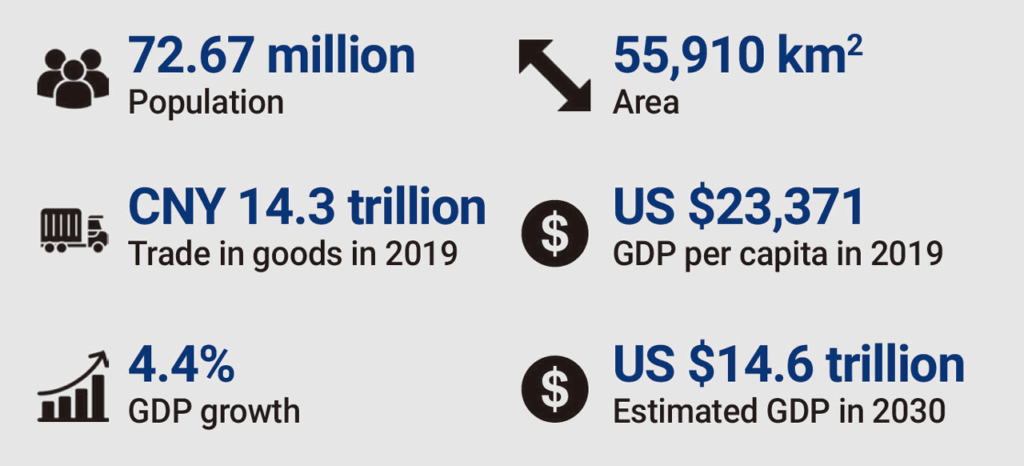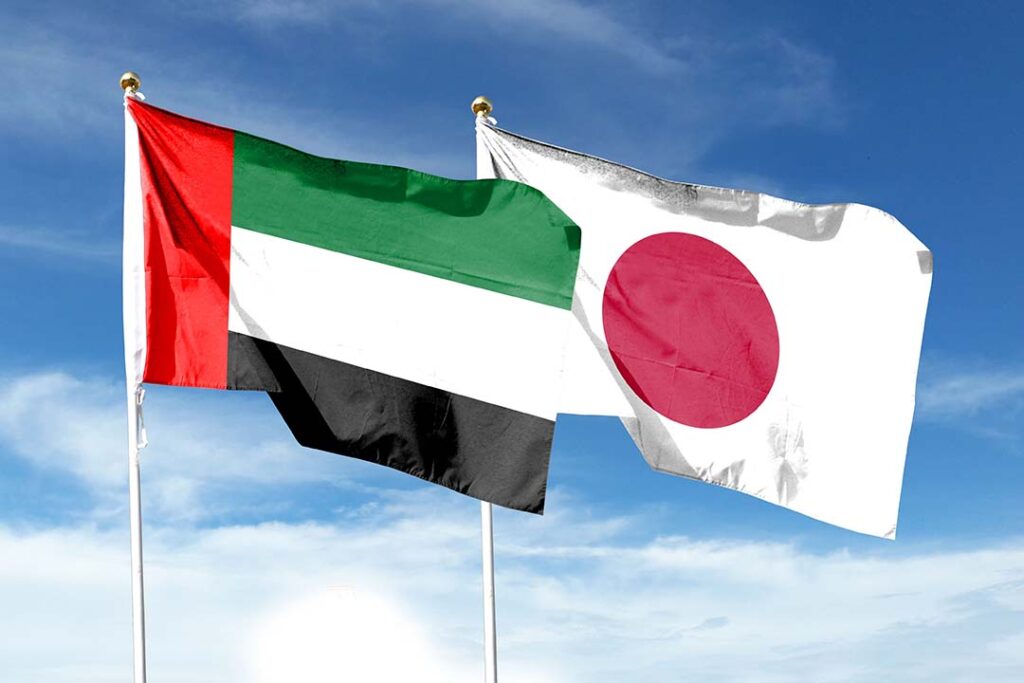
Bridges: How would you characterize the current state of bilateral relations between Japan and Hong Kong?
Wada: There is no doubt our friendship and our mutual trust are the foundations of our relationship. There are more than 20,000 Japanese nationals in Hong Kong and Japanese culture, language, food and goods can be found throughout Hong Kong society. Japan has always been one of Hong Kong peoples’ most favorite travel destinations. Since 2019, many events have occurred in the situation surrounding Hong Kong. Japan and the international community have strong concerns about the current state and the future of “One Country, Two Systems.” However, I hope the long-standing friendship and trusted relationships shared between the people of Japan and Hong Kong remain unchanged. As consul general, I would like to contribute to the development of our friendship and trusted relationship.
What are your expectations for Hong Kong, post-pandemic?
First, I sincerely hope that the pandemic will end as soon as possible. Once it settles, we will make every effort to facilitate pre-pandemic-level people-to-people exchanges between Japan and Hong Kong. Though online exchanges have taken place during the pandemic, we intend to place the utmost importance on real people-to-people exchanges at various levels to ensure the Japan-Hong Kong relationship is supported and strengthened.
I would like to focus on several areas further deepening Japan-Hong Kong relations (in the) medium-to-long term. I believe that Japan and Hong Kong, both with aging societies, can cooperate in the implementation of measures for our aging societies and by providing nursing care. The introduction of Japanese nursing and care-equipment systems will contribute to Hong Kong society.
The development of the Guangdong-Hong Kong-Macao Greater Bay Area is of great interest to many Japanese businesses. I hope to play a role in advancing a mutually beneficial cooperation platform between Hong Kong and Japanese companies. This includes the promotion and distribution of Japanese food products in the Greater Bay Area.
On the other hand, in order to continue promoting Japan-Hong Kong relations, it is essential that under the “One Country, Two Systems,” Hong Kong continues to uphold a free and open system and develop in a democratic and stable manner. Japan will continue to work in cooperation with the international community in this regard.
What message would you like to share with our readers?
I would like to express my sincere thanks to the people of Hong Kong for their unchanging and passionate support and affection towards Japan. After the pandemic, I hope that people will visit Japan again and enjoy their time there. As we prepare for Hong Kong’s Japan Autumn Festival this year, we look forward to providing people with an opportunity to experience Japanese culture, both in person and online.
A synopsis of the Hong Kong-Japan Partnership
Four fast facts
- Over 20,000 Japanese nationals live in Hong Kong
- Hong Kong is home to 1,400 Japanese companies
- In 2019, Japan was Hong Kong’s fourth-largest trade partner*
- In the same year, Hong Kong was Japan’s ninth-largest trade partner*
*SOURCE: Trade and Industry Department, Government of the Hong Kong SAR
Hong Kong is …
… Japan’s largest export market for agricultural, forestry and fishery products and the highest export-value market for the last 16 years.
… an important partner for in-bound tourism and people-to-people exchanges. Approximately 2.2 million people from Hong Kong visited Japan in the three years leading up to 2019 and the pandemic. (Hong Kong population: 7.5 million).
Why is Hong Kong an attractive investment destination for Japanese companies?
- Low corporate tax rate
- Efficient business environment
- World-class infrastructure
- A bridge between mainland China and Southeast Asia
What is the Guangdong-Hong Kong-Macao Greater Bay Area (GBA)?
• A national initiative aimed at building a world-class city cluster in the Pearl River Delta of South China
• Consisting of two special administrative regions: Hong Kong and Macao
• Nine cities of Guangdong province: Guangzhou, Shenzhen, Zhuhai, Foshan, Zhongshan, Dongguan,
• Huizhou, Jiangmen and Zhaoqing
• Home to 3 of the world’s 10 largest cargo ports: Hong Kong, Shenzhen, Guangzhou

“The GBA provides a wealth of opportunities and should attract international corporations including Japanese companies from various sectors. With robust trade and a solid infrastructure in this cluster of cities, the GBA intends to be a global innovation and international technology hub.”










